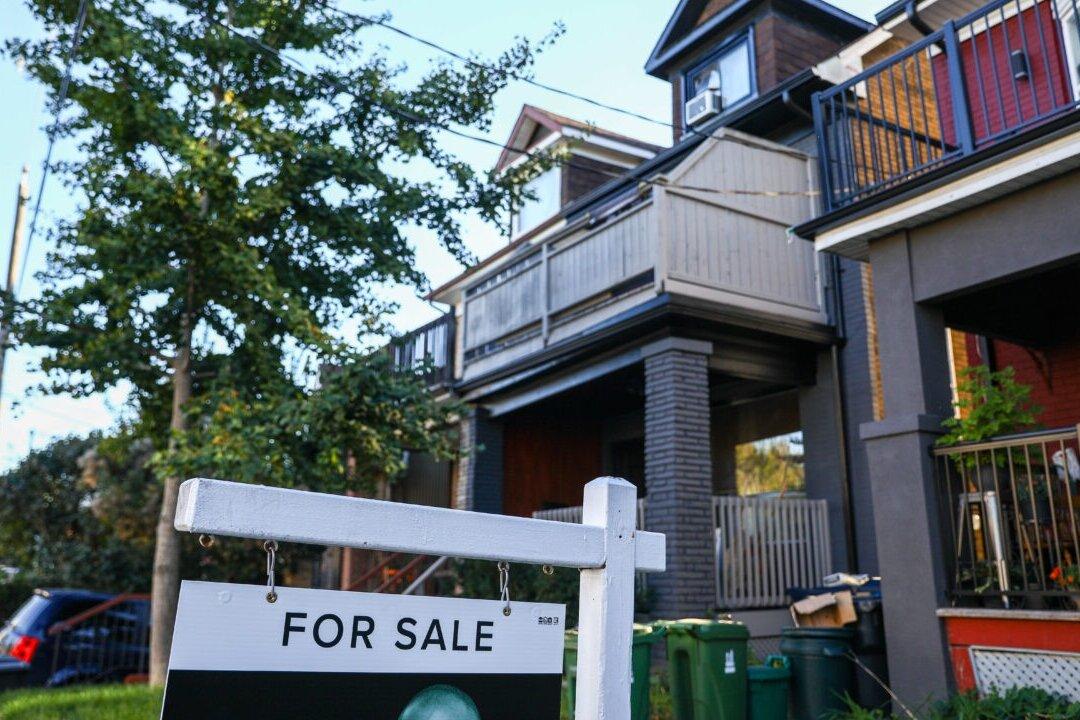The Canadian government has implemented a temporary ban on foreigners buying residential property for two years.
The Prohibition on the Purchase of Residential Property by Non-Canadians Act took effect Jan. 1, as Ottawa attempts to ease a housing shortage among Canadian citizens.





